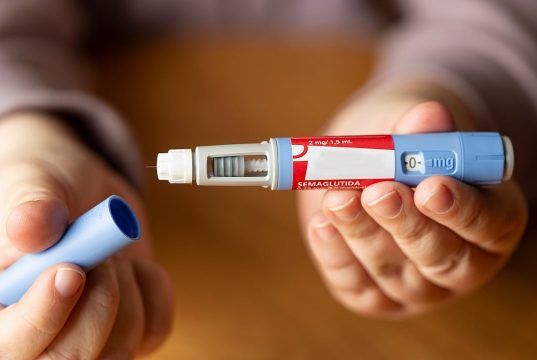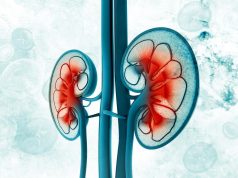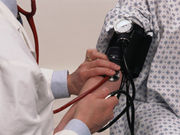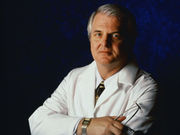New System Streamlines CME Credit Approval Process
American Academy of Family Physicians, American Board of Family Medicine launch single credit system
Risk Conferred by T2D Modified by HbA1c in Heart Failure
Stratification of T2D by HbA1c shows U-shaped associations for first hospitalization and mortality
Court Considering Fate of Noneconomic Damages Cap
Case would decide the fate of Wisconsin's $750,000 cap on noneconomic damages
Low-Cost Services a Major Player in Unnecessary Health Spending
Costs associated with low-cost, low-value health services nearly twice as high as high-cost services
2004 to 2014 Saw Increases in Risk Factors in Ischemic Stroke
Increases in prevalence of hypertension, diabetes, dyslipidemia, smoking, and drug abuse in AIS
Six-Month Tai Chi Program Improves Physical Activity in CHD
Improvements in activity, weight, QoL for patients with coronary heart disease refusing cardiac rehab
Medical License Questions Sway Doctors’ Mental Health Help
Asking only about current mental health may encourage help-seeking behavior
Physician Salaries Appear to Be Flat or Declining
Lack of income growth felt by primary care and specialty physicians
3MR Intervention Effective for Discontinuing Inappropriate Meds
Multidisciplinary Multistep Medication Review is effective for use in frail nursing home residents
Novel Metrics Suggested for Assessing EHR Use
Metrics aim to provide insight into the clinician experience in light of impaired practice efficiency



















